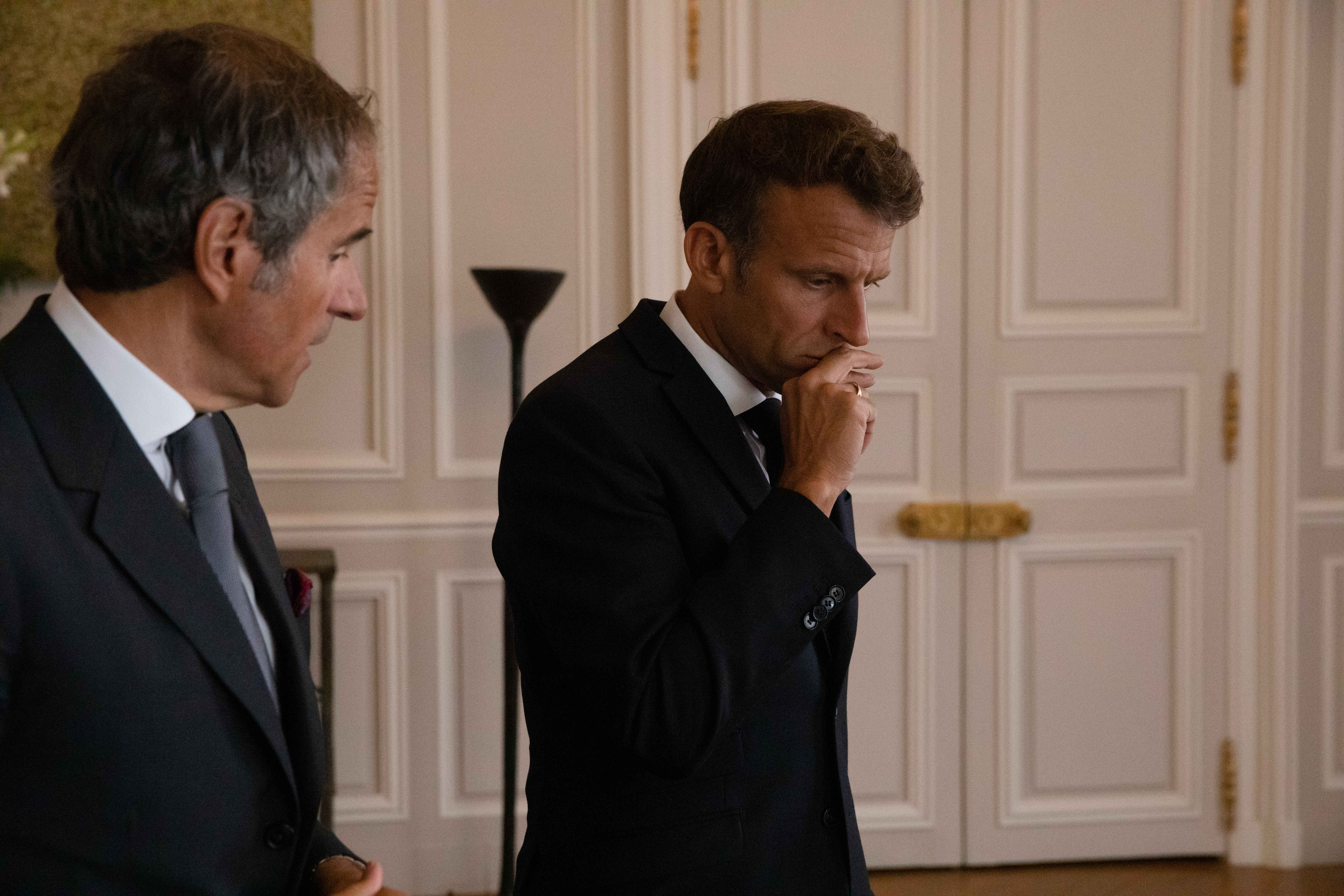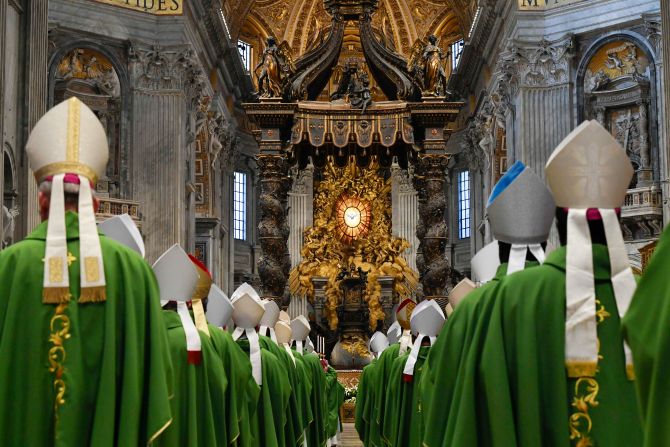Pope Francis set the dates for the next session of the sixteenth Ordinary General Assembly of the Synod of Bishops – the Synod on Synodality – in the autumn of 2024.
The General Secretariat of the Synod announced on 17 February that the session will begin with a two-day retreat from 30 September to 1 October, followed by three-and-a-half weeks of official discussions on 2-27 October.
Delegates will address topics drawn from the synthesis report from last October’s session, with the 2024 discussions set to focus on the practice of synodality at all levels of Church life, according to the synod secretariat.
In a chirograph (a direct papal instruction) issued the same day, Pope Francis directed the secretariat and the Vatican’s dicasteries to coordinate “by mutual agreement” a series of study groups to reflect on some of the synod’s themes.
It instructs “the dicasteries of the Roman Curia [to] collaborate, according to their respective specific competences, in the activity of the General Secretariat of the Synod, forming study groups that shall begin, following the synodal method, an in-depth study of some of the themes that emerged”.
The chirograph did not detail what the groups would study. Subjects where the synod delegates did not reach a consensus in the 2023 session were listed as “matters of consideration” in the synthesis report, and included norms on priestly celibacy and the prospect of ordaining women to the diaconate.
Last week a Spanish nun who took part in the two most recent meetings of the Pope’s Council of Cardinals – the “C9” – said that Francis “is very much in favour of the female diaconate” but was “still trying to understand how to put it into practice”.
Sr Linda Pocher, a Salesian theologian, contributed to two C9 meetings on the role of women in the Church.
Speaking to Europa Press after the meeting on 5-6 February, which was attended by other women including the Anglican Bishop Jo Bailey Wells, Pocher said the Pope was already changing ways “of thinking and living the difference between ordained ministry and the baptismal priesthood, extending to all the baptised some rights that until recently belonged to bishops, priests, or religious”.
Belgium’s bishops have suggested that ordaining women deacons and mature laymen as priests should neither be obligatory nor forbidden, but decided by national or regional bishops’ conferences.
In guidelines for public discussions to prepare the second session of the Synod on Synodality, the bishops said that regional criticism of female deacons and viri probati priests have blocked such reforms in other parts of the Church which support them.
The bishops also suggested that churches should be more present in the digital world to spread the Gospel to young people, who are increasingly online instead of in church.
Belgian Catholics are due to discuss these and other proposals in coming months under three broad priorities – an open Church, a living and evolutive tradition, and unity in diversity. They will then be transmitted to the synod committee synthesising national inputs.
The Dutch Church has also issued guidelines for discussions preparing the next Synod session, which spell out similar priorities to the Belgians’ but do not make the same concrete proposals.
Pope Francis appointed six new consultants to the synod secretariat on Saturday, including three women: the theologians Sr Birgit Weiler MMS from the Pontifical Catholic University of Peru and Prof Maria Clara Lucchetti Bingemer from the Pontifical Catholic University of Rio de Jane, and the sociologist Prof Tricia C. Bruce, president-elect of the Association for the Sociology of Religion.
The other appointments were Mgr Alphonse Borras, episcopal vicar of the Diocese of Liège in Belgium, Fr Gilles Routhier, professor of Theology at Université Laval in Quebec, and Fr Ormond Rush, associate professor of Theology at Australian Catholic University.



 Loading ...
Loading ...